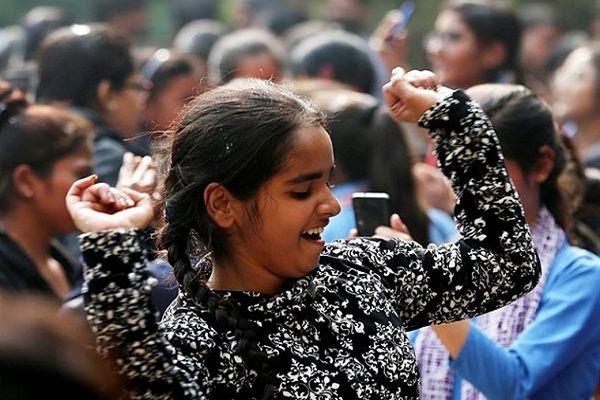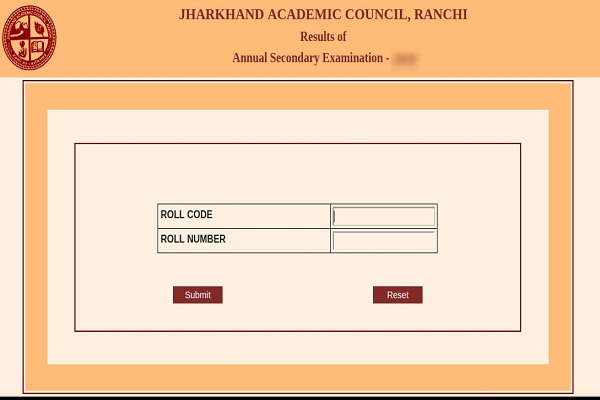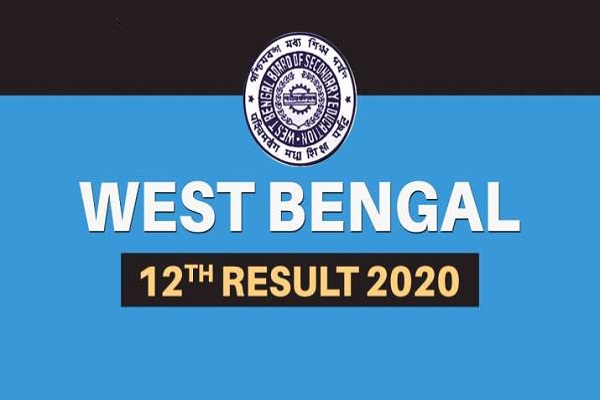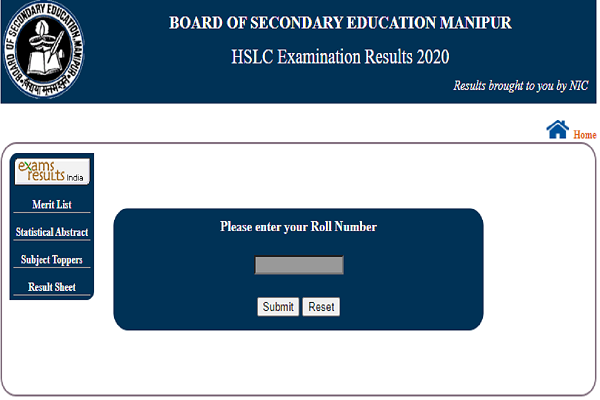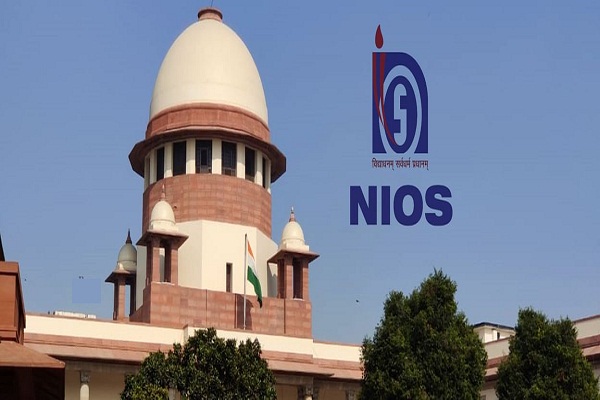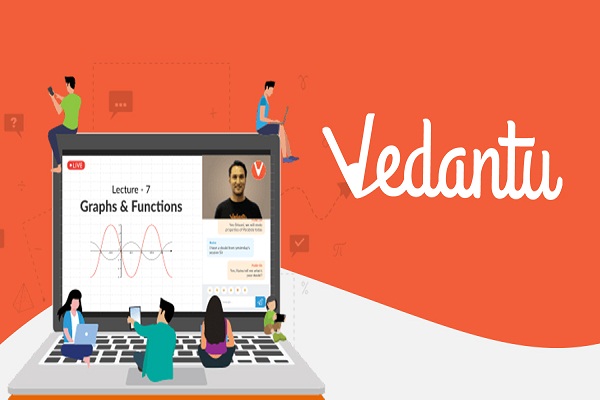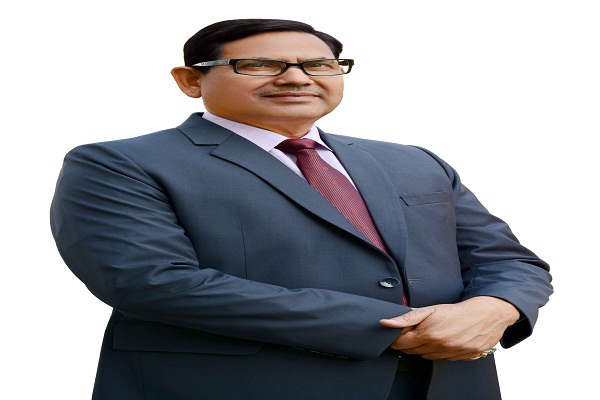We are also conducting online classes successfully. Not only in urban areas, students in rural areas are also attending online classes in large numbers says Dr SP Singh, Founder Manager of Lucknow Public Schools & Colleges in an interview with Arpit Gupta of Elets News Network (ENN).
How Lucknow Public School (LPS) executed the online classes and tackled the Corona pandemic?
Online classes cannot replace the physical ones by any means. But due to the Corona pandemic, all the schools across the globe are compelled to adopt online classes. We are also conducting online classes successfully. Our highly skilled faculties are teaching online classes with their utmost zeal. Not only in urban areas, but students in rural areas are also attending online classes in large numbers. There has been a change in the mindset within students and parents; they have accepted online classes gracefully. Recently, we have also conducted monthly tests online successfully.
We are also recording the online classes and sending them to the students on WhatsApp, so that they can access it anytime.
What are the digital tools LPS is using for students?
We are using WhatsApp, Google Meet and Snap Homework App to conduct online classes. The usages of applications are very successful. Our teachers’ are fairly tech-savvy.
What are the challenges students, parents and teachers faced during the online classes?
Usually, some parents face the stigma of being tech-savvy for online classes but these days’ children are very smart and quick to adopt the technology. Our students are tech-savvy and they know the usage of applications. We are even inviting parents to monitor online classes.
LPS has decided to reduce the annual fees in view of COVID. Please elaborate.
We have been giving concessions to parents if more than one child studies in our school. This year, we have surged the concession percentage due to lockdown. Until lockdown, the school will not ask for any convenience fees. We have also reduced fees in other heads, which can provide relief to parents.
Also read: Delhi Govt allows appointment of guest teachers for online classes
In this pandemic all the sports and extra-curricular activities have halted? How is LPS thinking to revive it within the students?
To provide much-needed relief to students from studies, we have conducted an online summer camp. We have also conducted many activities including poem writing, drawing, music, dance, art, craft and many others. We have asked students to participate in these online camps.
We request all the parents and students to stay home during this pandemic. Students must attend online classes. In the coming days, things will change and everything will become normal.
What are your initiatives in Higher Education at Lucknow Public Schools & Colleges?
We offer various courses including BBA, BCA, B.Com, B.Com (Hons), B.Sc. and BJMC in our Lucknow Public College of Professional Studies. In this pandemic, we have not increased the course fees. We are conducting online classes for them and the students are accepting gracefully. The online classes were conducted seamlessly in the last two months.
What are your initiatives in CSR activities during the COVID pandemic?
We have donated Rs. 21 lakh to the Chief Minister’s Relief Fund. In many districts, we have started community kitchens and provided sanitizers and soaps to many poor people. To boost the immunity of people, we distributed homeopathic medicines, which helped thousands of people in this pandemic.







